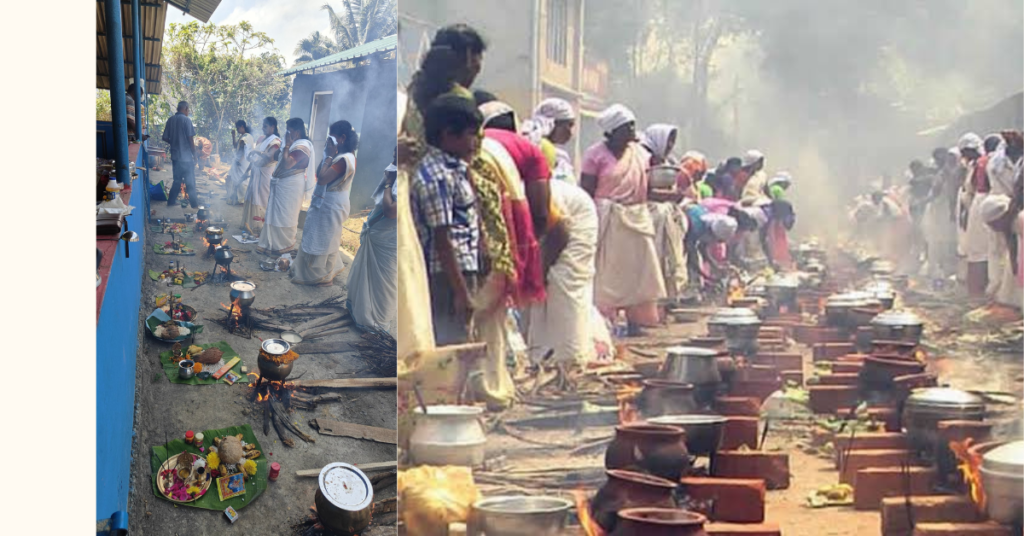Attukal Pongal 2025, one of the most revered festivals in South India, is a vibrant celebration of devotion, gratitude, and bountiful harvests. Held at the Attukal Bhagavathy Temple in Thiruvananthapuram, this annual festival attracts lakhs of female devotees from across the state and beyond.
Attukal Pongal is a ten-day festival celebrated at the Attukal Bhagavathy Temple in Thiruvananthapuram, the capital of Kerala. The festival culminates on the ninth day with the famous Pongala ritual, which holds the Guinness World Record for the largest gathering of women for a religious activity. The highly anticipated Attukal Pongala festival is set to take place on Thursday, with preparations in full swing across the capital city of Kerala. In 2025, as in previous years, millions of women from Kerala and beyond will come together to offer Pongala.
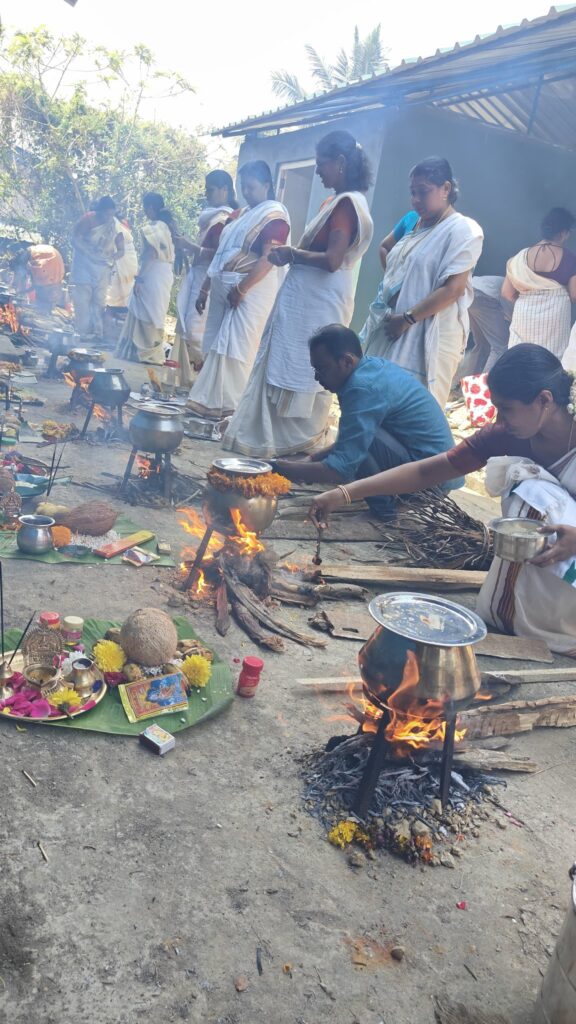
Known as the “Sabarimala of women,” Attukal Pongal is a unique blend of spiritual fervor, cultural richness, and agricultural significance.
History and Significance of Attukal Pongal 2025
The Attukal Pongal festival is deeply associated with the Attukal Bhagavathy Temple. The goddess is believed to be an incarnation of Kannaki, the central character of the Tamil epic Silappadikaram. The festival commemorates Kannaki’s journey to Kerala after avenging the unjust execution of her husband in the Pandya kingdom. Kannaki is revered as a symbol of chastity, courage, and justice.
Also Read: Vasant Utsav in Santiniketan: A Peaceful and Artistic Spring Festival Celebrating Tagore’s Vision
According to legend, Goddess Kannaki appeared in her divine form at the place where the Attukal Bhagavathy Temple stands today. Her journey to Kerala, where she is believed to have rested in the town of Attukal, forms the spiritual basis of this festival. Since then, she has been worshipped as the supreme protector of women, and the temple has become a spiritual center for millions of devotees, especially women, who flock here every year to seek blessings and participate in the grand Pongala offerings.
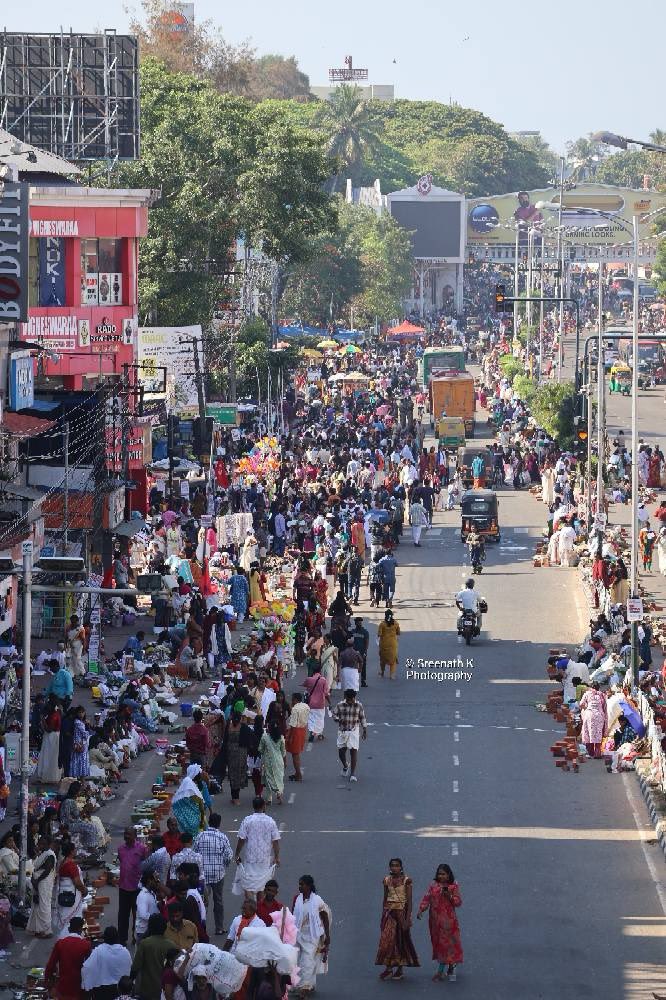
The Pongala Ritual: A Symbol of Unity and Devotion
Pongala is a revered annual festival held at the Attukal Bhagavathy Temple in Thiruvananthapuram, dedicated to Goddess Attukalamma. The word Pongala means to boil, symbolizing prosperity and abundance. The main ritual of the festival involves the preparation of Pongala, a sweet dish made of rice, jaggery, grated coconut, and ghee, which is cooked in earthen pots over an open wood stove. Female devotees, dressed in traditional attire, gather on the streets surrounding the temple and cook Pongala as an offering to Goddess Bhagavathy.
Once the Pongala is ready, the temple priests bless it, and the prasad (blessed offering) is shared among family, friends, and neighbors.
Processions and Cultural Events
Apart from the Pongala ritual, Attukal Pongal is also famous for its vibrant processions and cultural events. The ten-day festival features a variety of cultural programs, including classical music and dance performances, traditional art forms like Kathakali and Mohiniyattam, and folk dances like Tiruvathira and Kaikottikali. These processions symbolize the surrender of one’s ego and devotion to the goddess.
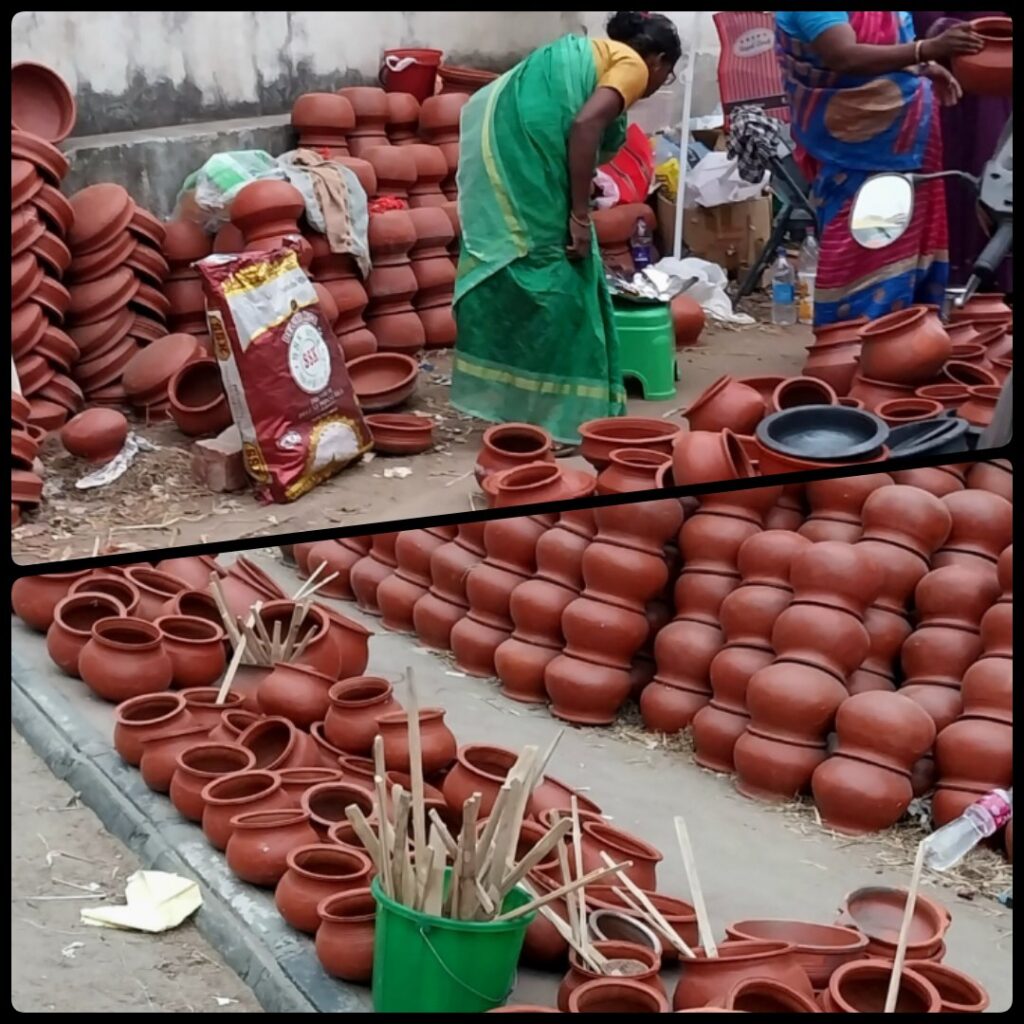
The festival also includes a grand procession where the idol of Attukal Bhagavathy is taken out, accompanied by elaborately adorned elephants. The temple premises are decorated with intricate floral arrangements, creating a divine atmosphere that captivates every visitor.
Role of Women in Attukal Pongal
Attukal Pongal is often called the “Women’s Sabarimala” due to the exclusive participation of women. The festival has a rich tradition and is one of the largest gatherings of women in the world. The participation of women from all walks of life highlights the inclusive nature of the festival and its role in women’s empowerment, making it a unique celebration.
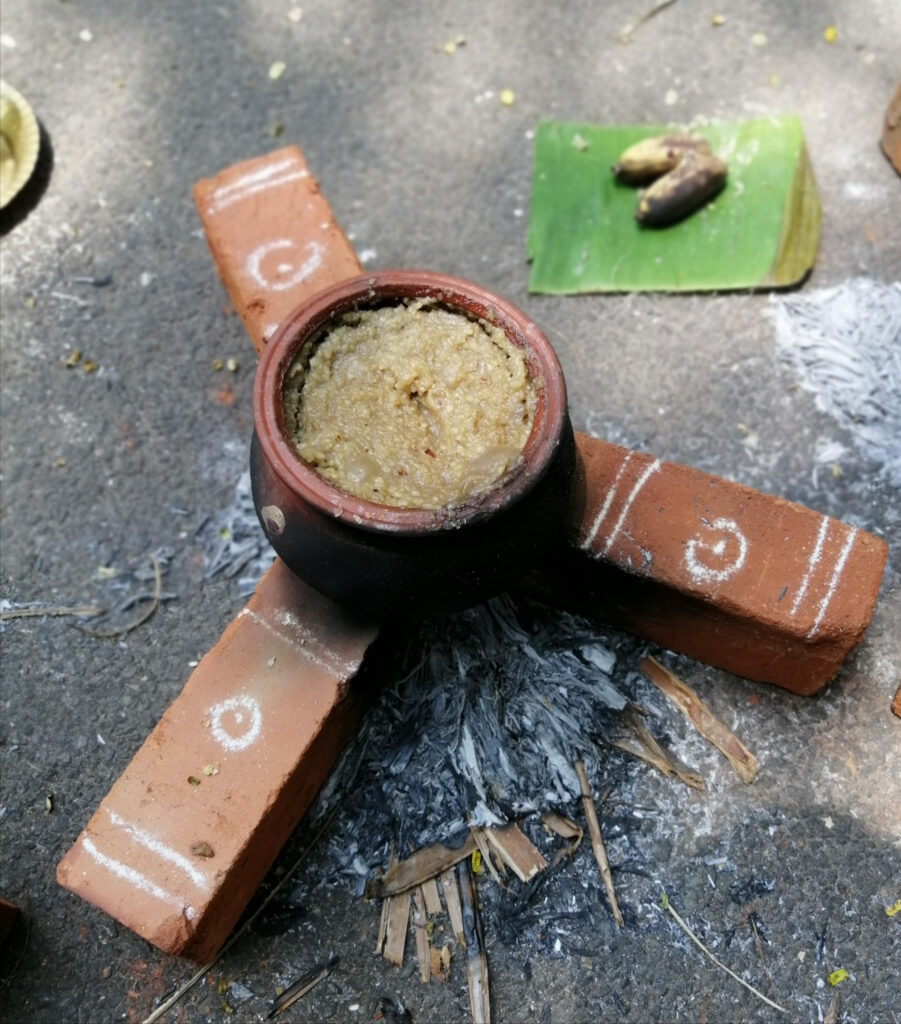
The festival is a powerful statement of women’s strength and unity, showcasing their role as nurturers and protectors of tradition. Women devotees from various parts of Kerala and beyond gather around the temple and nearby areas to cook Pongala together—an awe-inspiring sight that reflects a sense of unity transcending all barriers.
The festival culminates with the lighting of the fire at the “Pandara Aduppu”, the temple hearth, marking the official start of the Pongala offering time.
Conclusion
Attukal Pongal is more than just a festival; it is a testament to Kerala’s rich traditions, the power of collective devotion, and the strength of women in society.

